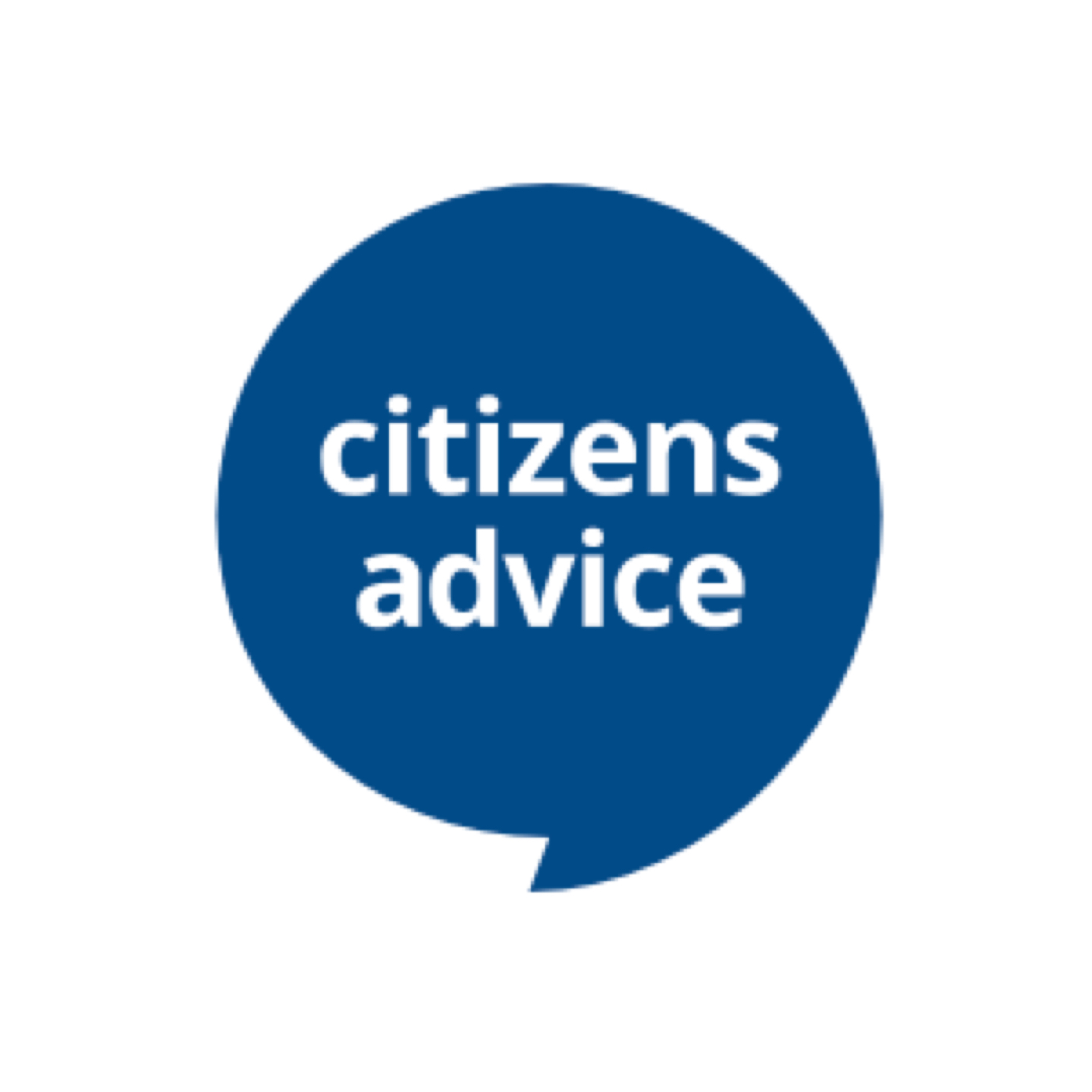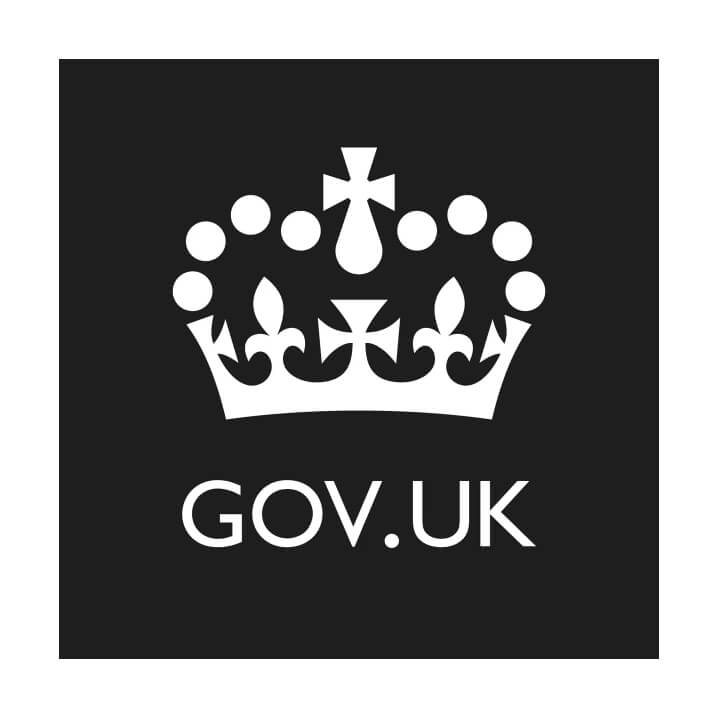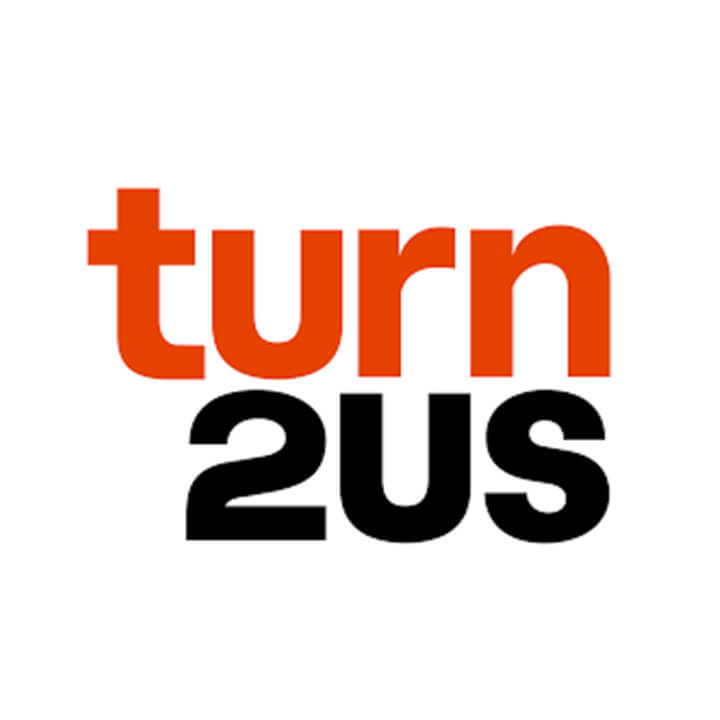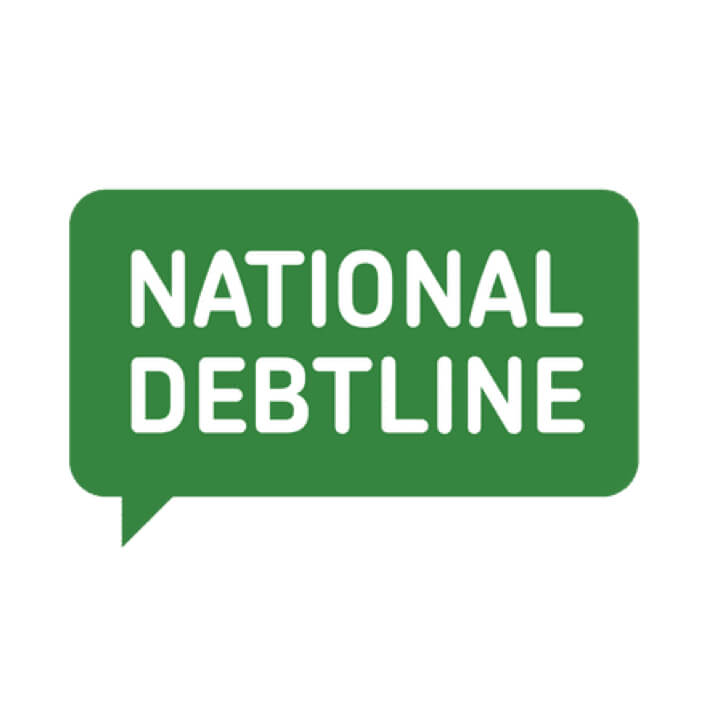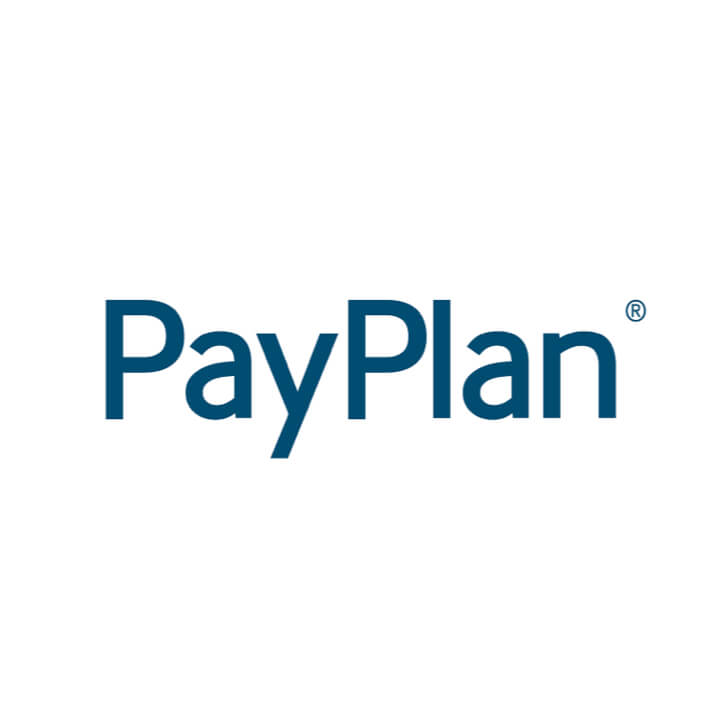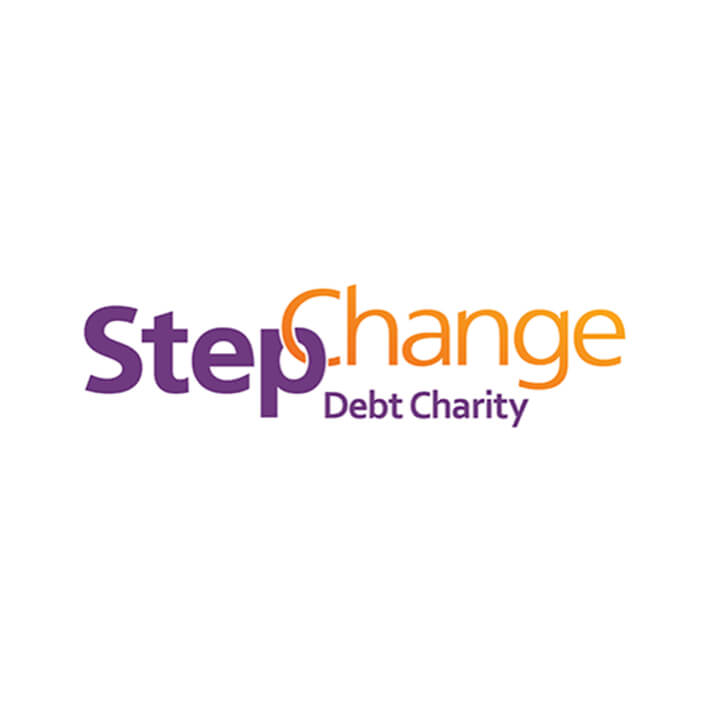Struggling with repayments?
Falling behind on bills or repayments can feel overwhelming, but you’re not alone. Understanding your debts and knowing what support is available can help you take back control.
If you’re worried, please get in touch. Talking to us won’t affect your credit score.
We may be able to:
Create a repayment plan that works for you
Adjust your payments or interest
Offer breathing space or a payment holiday
Connect you with independent advice
Who to contact

Virgin Money mortgages
0345 609 9837Monday to Friday, 8am to 6pm
Example account number: 12345X-12345
Clydesdale and Yorkshire Bank mortgages
0800 141 2301Monday to Friday, 8am to 7pm
Example account number: 12345678 Example sort code: 123456
We may be able to help with:
- Payment plans to clear overdue amounts
- Interest reduction if you’re on a variable rate
- Changes to your mortgage to reduce monthly payments
- Specialist referrals for independent advice
- Support if you need to sell your property
Virgin Money credit cards
0800 028 6692Monday to Friday, 9am to 7pm
We may be able to help with:
- Time to create a repayment plan
- Payment plans to clear overdue balances
- Reducing interest if you can’t keep up with current payments
- Referrals for independent debt advice
Monday to Friday, 8am to 7pm
We may be able to help with:
- Time to create a repayment plan
- Payment plans for overdue amounts
- Reducing interest if you're struggling
- Referral to independent advisers
Monday to Friday, 8am to 6.30pm
We may be able to help with:
- Overdraft limit reduction plans
- Reducing interest if you can’t keep up with payments
- Independent advice referrals
Monday to Friday, 8am to 6pm
Or talk to your relationship manager.
We may be able to help with:
- Tailored repayment options
- Short-term support to manage cashflow
- Interest reduction options
- Specialist SME advice and signposting
03 numbers
Same as calls to 01 or 02 numbers and they are included in inclusive minutes and discount schemes in the same way.
0800 numbers
Free from UK landlines and personal mobile phones.
Calls may be recorded for training and quality purposes.
Help with accounts and services
Mortgages
If you’re finding it hard to make payments, we’ll help you understand your options.
Credit cards
Find out how to reduce what you owe, request breathing space or make changes online.
Personal loans
Request a settlement figure, change your payment date or explore support if you’re struggling.
Current accounts
If you’re struggling to manage your current account, see what support options are available.
Business accounts
If you’re worried about cashflow or keeping your business on track, we’re here to help.
Tools and support
Our budget planner
A simple way to see where your money goes and plan ahead.
MoneyHelper’s budget planner
A free tool to help you manage your money and improve your finances.
MoneyHelper’s bill prioritiser
Some debts matter more than others. MoneyHelper can help you to sort urgent payments from the rest.
MoneyHelper’s debt advice tool
Answer a few quick questions to see what help might be right for you.
StepChange debt advice
See if you could reduce what you pay each month.

